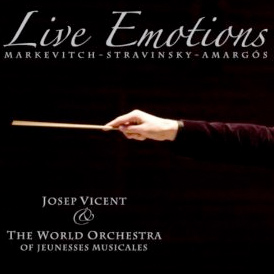“There are no auditions, there are only performances.” —Janet Bookspan
What separates professionals from wannabe musicians show prodigies isn’t inspiration. It’s preparation and execution. Take control of your audition with these helpful tips to improve your skills.
Confidence
It sounds simple but it takes practice. Walk in the door with your held head high. Be wary of shuffling feet. You don’t get sympathy points if you’re nervous, not feeling well, or having a bad day. Leave it outside the door. You are being sized up the minute you walk in, so practice good posture and body language before you arrive. And don’t forget to smile – that’s the lasting impression you want to leave.
Orchestral playing is communal, but auditions are solitary
This means certain choices about bowings, fingerings, tempi, and other variables could be different than if you were playing the piece in an orchestra. For example, a slightly slower tempo that allows everything to speak cleanly and clearly is preferable to a quicker one where things feel blurry and rushed.
Play the instrument you’re comfortable with
Players sometimes borrow great instruments for an audition, assuming that a superior instrument is a real advantage. However, you can only sound your best on an instrument with which you are completely comfortable. If you’re unhappy with your instrument, don’t worry too much about it – a committee will focus more on what you are doing than on the instrument itself.
Accept the unknowns
You can’t control what the hall will sound like, whether there will be a screen, or who might be warming up next to you. Practise thriving in atypical conditions by simulating them: get a few people together to hear you in an unfamiliar room, set up a makeshift screen and have someone else choose the order in which you’ll perform the repertoire.
You can make errors
No player relishes making an unexpected mistake early on, but remember that your general level of musicianship and instrumental control is what the committee will remember. The difference between a fluke and a general tendency in someone’s playing is quite easy to discern, and a committee can generally forgive a couple of minor missteps in an otherwise well-played, artistically satisfying presentation.
Master your craft! Empower yourself! Enjoy the journey…








